Edgar Award Winners at the NYSL
We love a good mystery here at the New York Society Library, and our fiction holdings in stacks 5 and 6 include a complete collection of the 68 Edgar Award winners for Best Novel. Named after Edgar Allan Poe (who created one of American fiction’s earliest literary detectives, C. Auguste Dupin, in “The Murders in the Rue Morgue”), the Edgars are given out every year by the Mystery Writers of America, and are among the most prestigious honors in the genre.
The MWA was founded in 1945 by four celebrated mystery authors, Anthony Boucher, Brett Halliday, Clayton Rawson, and Lawrence Treat (who are all well represented in the NYSL collection), and began issuing their iconic awards the following year. While the categories have expanded and changed over the years, one of the cornerstones is Best Novel, which has been awarded annually since 1954. Any mystery novel is eligible, even international titles, as long as it was first published in the United States during the previous calendar year, which accounts for the first-ever Edgar for Best Novel going to Australian author Charlotte Jay for Beat Not the Bones (1954).

This year’s Edgar Awards will be announced on April 28, and the Society Library has all five Best Novel nominees in our collection: The Venice Sketchbook by Rhys Bowen, Razorblade Tears by S.A. Cosby (also e-book), Five Decembers by James Kestrel (also e-book), How Lucky by Will Leitch (also e-book), and No One Will Miss Her by Kat Rosenfield.
While you are waiting to find out who wins this year, now is the perfect time to grab your magnifying glass and deerstalker hat (or fedora and trench coat, if you are more the hardboiled type) and start investigating the history of the awards. Past recipients include bona fide classics like The Long Goodbye by Raymond Chandler, the sixth of his Philip Marlowe novels. At the time of its release, MWA co-founder and New York Times critic Anthony Boucher remarked, “Perhaps the longest private-eye novel ever written (over 125,000 words!). It is also one of the best—and may well attract readers who normally shun even the leaders in the field.” Other notable winners include The Spy Who Came in from the Cold by John le Carré (the third appearance of fictional British intelligence officer George Smiley); The Laughing Policeman by Maj Sjöwall & Per Wahlöö (the fourth novel about Swedish police detective Martin Beck); and Frederick Forsyth’s The Day of the Jackal.
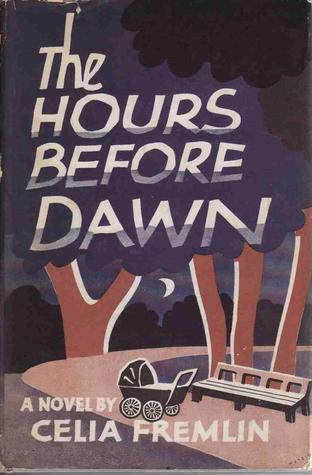
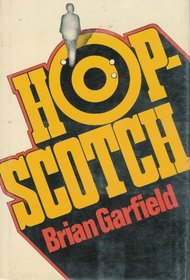
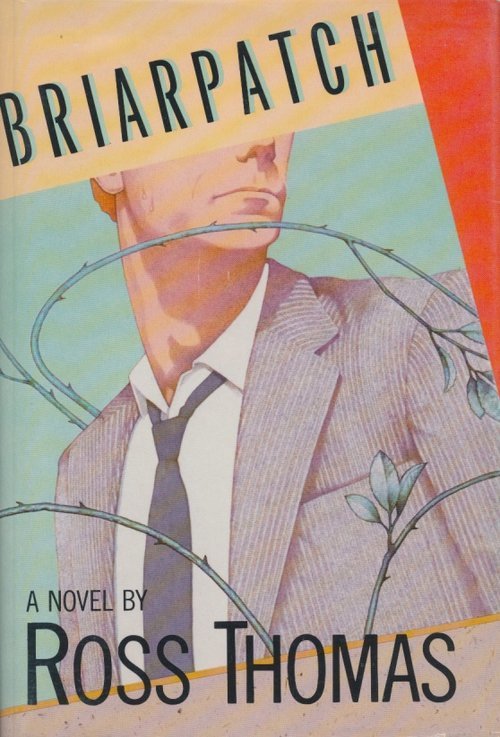
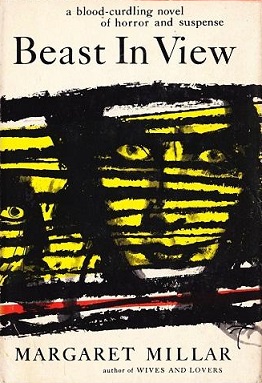
Many of the winning novels may be well known to mystery fans, but deserve wider popularity, such as Celia Fremlin’s The Hours Before Dawn, Brian Garfield’s Hopscotch, Ross Thomas’ Briarpatch, or Margaret Millar’s Beast in View. Millar was a pillar of the suspense genre in her day, and Beast in View is one of her most highly regarded works, a chilling portrait of a woman terrorized by an unknown caller. The book has been championed by Laura Lippman (whose Charm City won the 1998 Edgar for Best Paperback Original) as “one of the most terrifying stories you will ever read . . . a timeless story, one that reminds the twenty-first-century reader that we may have new technological tools with which to taunt and stalk our enemies.” Beast in View was also recently anthologized by the Library of America in editor Sarah Weinman’s Women Crime Writers: Four Suspense Novels of the 1950s (also e-Book).
Glancing at the Best Novel winners, one can notice plenty of missing persons cases—and not just those contained within the books themselves. Considering the full history of the award, there are several luminaries whose absence might seem surprising. Sometimes the explanation is obvious, such as with Dahsiell Hammett, who never won the award simply because his novels predated the Edgars by two decades. Paperback writers such as David Goodis and Jim Thompson, who today are revered highly (and have been anthologized by the Library of America), were underrecognized in their day due to the low status of softcover novels, and thus were never nominated. Other esteemed authors were nominated but lost in their respective years, such as Dorothy B. Hughes (for The Expendable Man in 1964), Ira Levin (for Rosemary’s Baby in 1968), Chester Himes (for Blind Man with a Pistol in 1970), and Ed McBain (for Money, Money, Money in 2002). Hughes, Levin, and McBain were eventually awarded Grand Master status, the MWA’s recognition for lifetime achievement (Hughes in 1978, McBain in 1986, and Levin in 2003). Still others, such as Agatha Christie, Erle Stanley Gardner, and Rex Stout, were actively writing and eligible for Best Novel, but were never nominated. All three, however, won other Edgars: Christie’s Witness for the Prosecution won Best Play in 1955; Gardner’s Court of Last Resort won Best Fact Crime in 1953; and all three also received the Grand Master award, Christie in 1955, Stout in 1959, and Gardner in 1962.
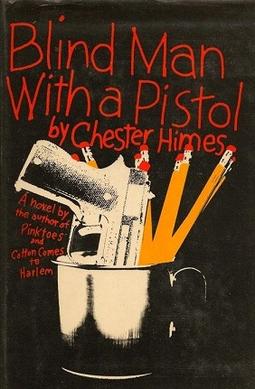
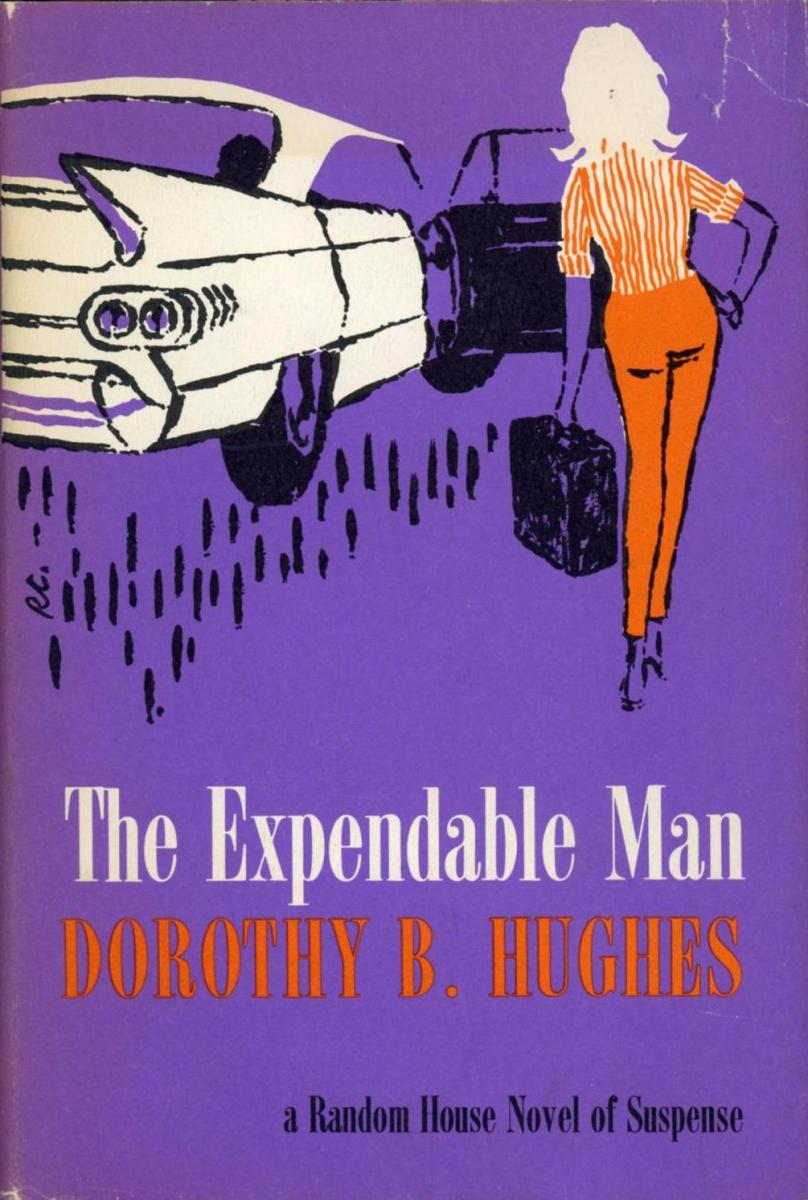
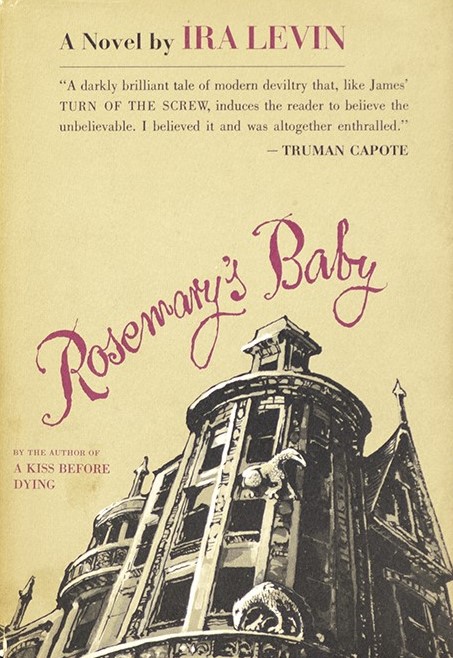
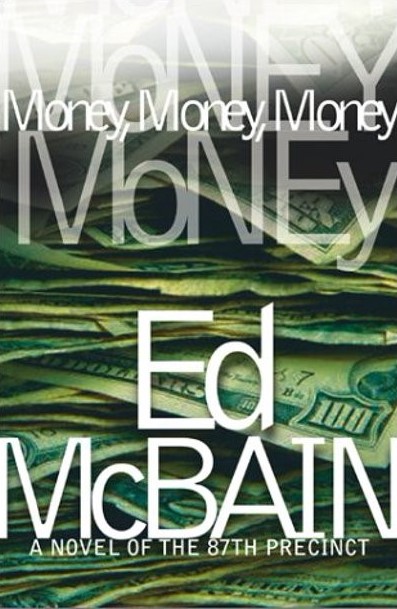
The few titles mentioned in this post barely scratch the surface of the nearly seventy-year history of the Best Novel Edgar—and this is only one of many categories that the MWA honors every year. So, make like Marlowe (or your favorite detective—or thief!) and start investigating the Edgar holdings at the NYSL.
Edgar Awards for Best Novel
- 1954: Charlotte Jay, Beat Not the Bones
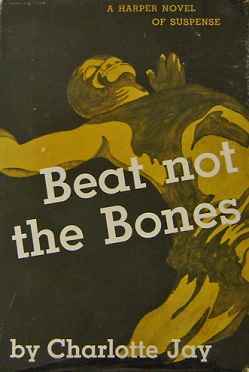
- 1955: Raymond Chandler, The Long Goodbye (also available as an e-book)
- 1956: Margaret Millar, Beast in View
- 1957: Charlotte Armstrong, A Dram of Poison
- 1958: Ed Lacy, Room to Swing
- 1959: Stanley Ellin, The Eighth Circle
- 1960: Celia Fremlin, The Hours Before Dawn
- 1961: Julian Symons, The Progress of a Crime
- 1962: J. J. Marric, Gideon's Fire
- 1963: Ellis Peters, Death and the Joyful Woman
- 1964: Eric Ambler, The Light of Day
- 1965: John le Carré, The Spy Who Came in from the Cold (also available as an e-book)
- 1966: Adam Hall, The Quiller Memorandum
- 1967: Nicolas Freeling, King of the Rainy Country
- 1968: Donald E. Westlake, God Save the Mark
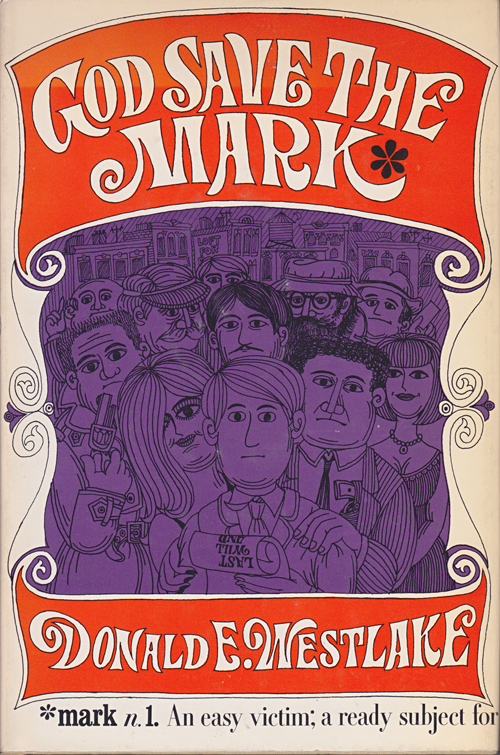
- 1969: Jeffery Hudson (Michael Crichton), A Case of Need
- 1970: Dick Francis, Forfeit
- 1971: Maj Sjöwall & Per Wahlöö, The Laughing Policeman
- 1972: Frederick Forsyth, The Day of the Jackal (also available in large print)
- 1973: Warren Kiefer, The Lingala Code
- 1974: Tony Hillerman, Dance Hall of the Dead
- 1975: Jon Cleary, Peter's Pence
- 1976: Brian Garfield, Hopscotch
- 1977: Robert B. Parker, Promised Land
- 1978: William H. Hallahan, Catch Me: Kill Me
- 1979: Ken Follett, Eye of the Needle
- 1980: Arthur Maling, The Rheingold Route
- 1981: Dick Francis, Whip Hand
- 1982: William Bayer, Peregrine
- 1983: Rick Boyer, Billingsgate Shoal
- 1984: Elmore Leonard, LaBrava (also available in a Library of America anthology)
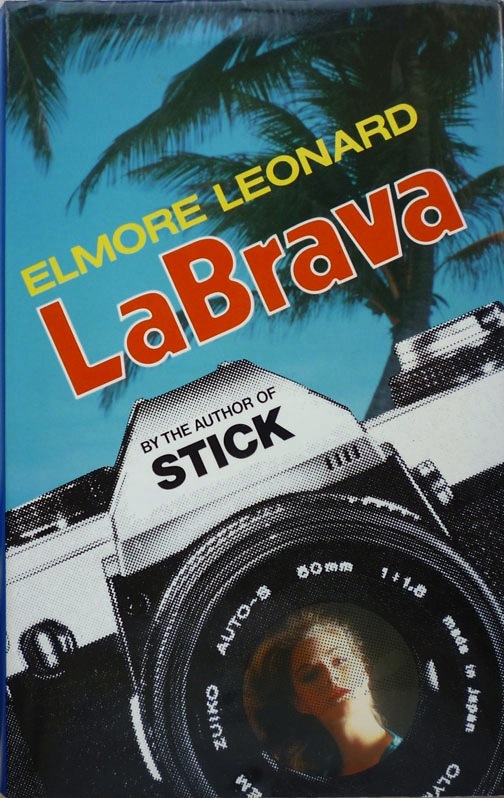
- 1985: Ross Thomas, Briarpatch
- 1986: L. R. Wright, The Suspect
- 1987: Barbara Vine (Ruth Rendell), A Dark-Adapted Eye (also available as an e-book)
- 1988: Aaron Elkins, Old Bones
- 1989: Stuart M. Kaminsky, A Cold Red Sunrise
- 1990: James Lee Burke, Black Cherry Blues
- 1991: Julie Smith, New Orleans Mourning
- 1992: Lawrence Block, A Dance at the Slaughterhouse
- 1993: Margaret Maron, Bootlegger's Daughter
- 1994: Minette Walters, The Sculptress
- 1995: Mary Willis Walker, The Red Scream
- 1996: Dick Francis, Come to Grief (also available in large print)
- 1997: Thomas H. Cook, The Chatham School Affair
- 1998: James Lee Burke, Cimarron Rose
- 1999: Robert Clark, Mr. White's Confession
- 2000: Jan Burke, Bones
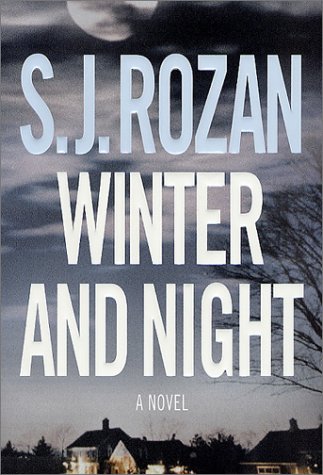
- 2001: Joe R. Lansdale, The Bottoms
- 2002: T. Jefferson Parker, Silent Joe
- 2003: S. J. Rozan, Winter and Night
- 2004: Ian Rankin, Resurrection Men (also available as an e-book)
- 2005: T. Jefferson Parker, California Girl
- 2006: Jess Walter, Citizen Vince
- 2007: Jason Goodwin, The Janissary Tree
- 2008: John Hart, Down River
- 2009: C. J. Box, Blue Heaven
- 2010: John Hart, The Last Child
- 2011: Steve Hamilton, The Lock Artist
- 2012: Mo Hayder, Gone
- 2013: Dennis Lehane, Live by Night
- 2014: William Kent Krueger, Ordinary Grace
- 2015: Stephen King, Mr. Mercedes
- 2016: Lori Roy, Let Me Die in His Footsteps
- 2017: Noah Hawley, Before the Fall (also available as an e-book and CD audio book)
- 2018: Attica Locke, Bluebird, Bluebird
- 2019: Walter Mosley, Down the River Unto the Sea (also available as an e-book)
- 2020: Elly Griffiths, The Stranger Diaries
- 2021: Deepa Anappara, Djinn Patrol on the Purple Line (also available as an e-book)
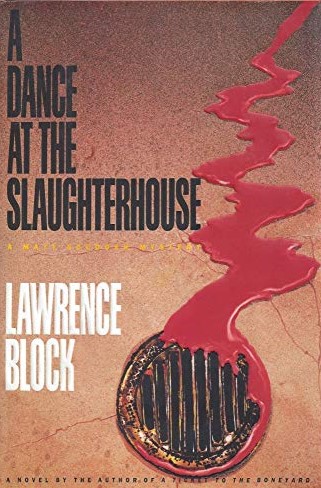
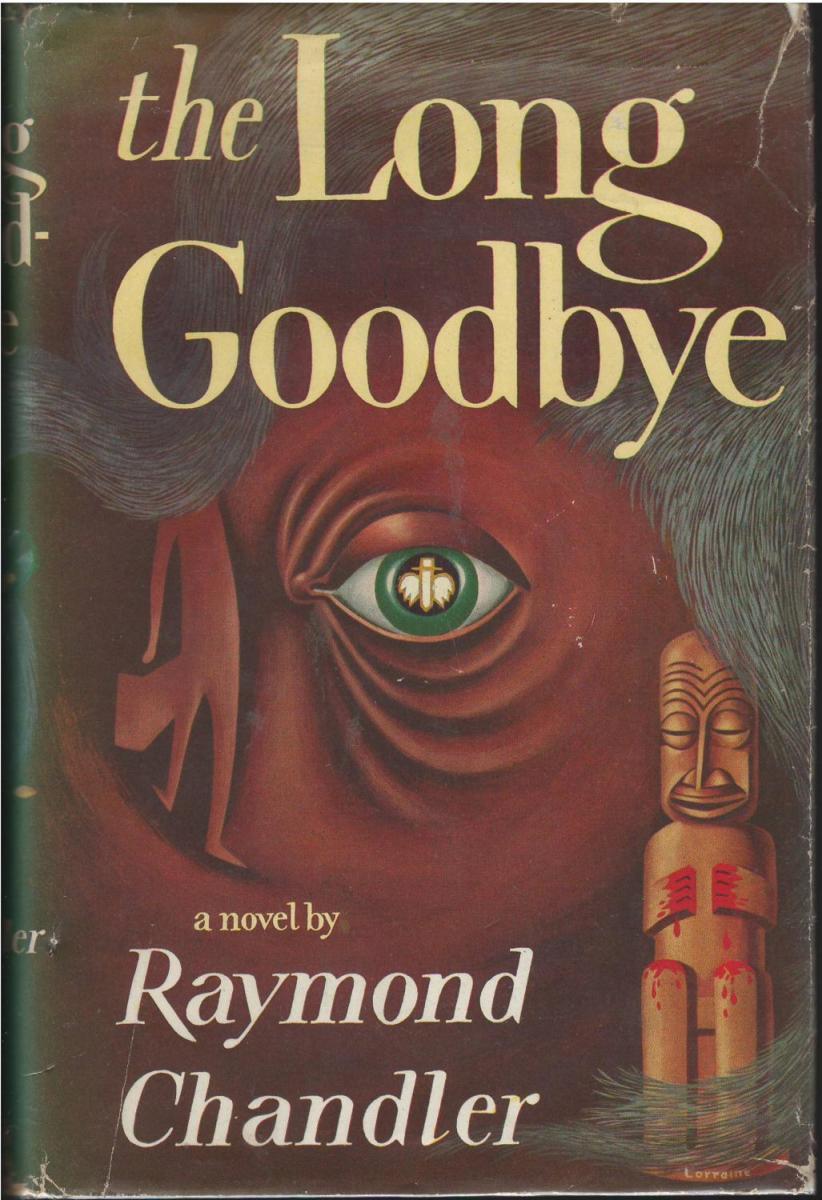
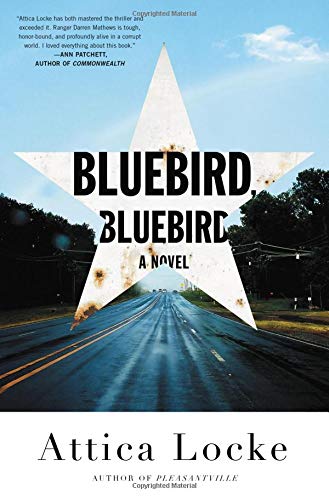
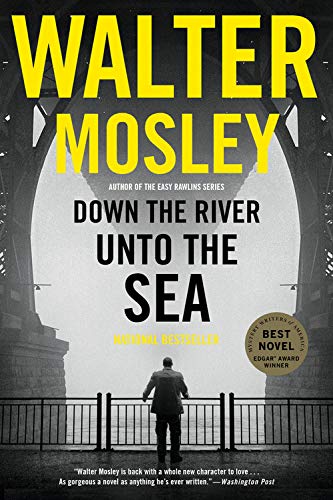
Edgar Awards for Grand Master
- 1955: Agatha Christie
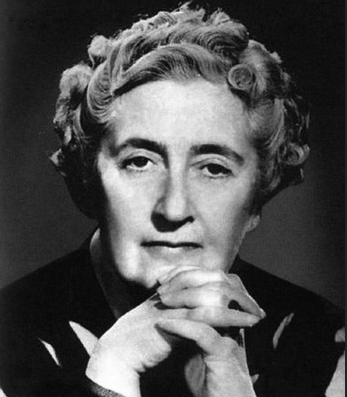
- 1958: Vincent Starrett
- 1959: Rex Stout
- 1961: Ellery Queen
- 1962: Erle Stanley Gardner
- 1963: John Dickson Carr
- 1964: George Harmon Coxe
- 1966: Georges Simenon
- 1967: Baynard Kendrick
- 1969: John Creasey
- 1970: James M. Cain
- 1971: Mignon G. Eberhart
- 1972: John D. MacDonald
- 1973: Alfred Hitchcock
- 1973: Judson Philips
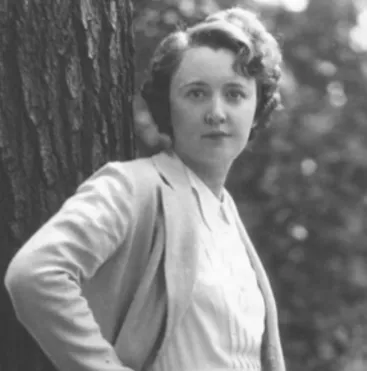
- 1974: Ross Macdonald
- 1975: Eric Ambler
- 1976: Graham Greene
- 1978: Daphne du Maurier
- 1978: Dorothy B. Hughes
- 1978: Ngaio Marsh
- 1979: Aaron Marc Stein
- 1980: W.R. Burnett
- 1981: Stanley Ellin
- 1982: Julian Symons
- 1983: Margaret Millar
- 1984: John le Carré
- 1985: Dorothy Salisbury Davis
- 1986: Ed McBain
- 1987: Michael Gilbert
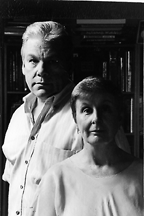
- 1988: Phyllis A. Whitney
- 1989: Hillary Waugh
- 1990: Helen McCloy
- 1991: Tony Hillerman
- 1992: Elmore Leonard
- 1993: Donald E. Westlake
- 1994: Lawrence Block
- 1995: Mickey Spillane
- 1996: Dick Francis
- 1997: Ruth Rendell
- 1998: Barbara Mertz
- 1999: P.D. James
- 2000: Mary Higgins Clark
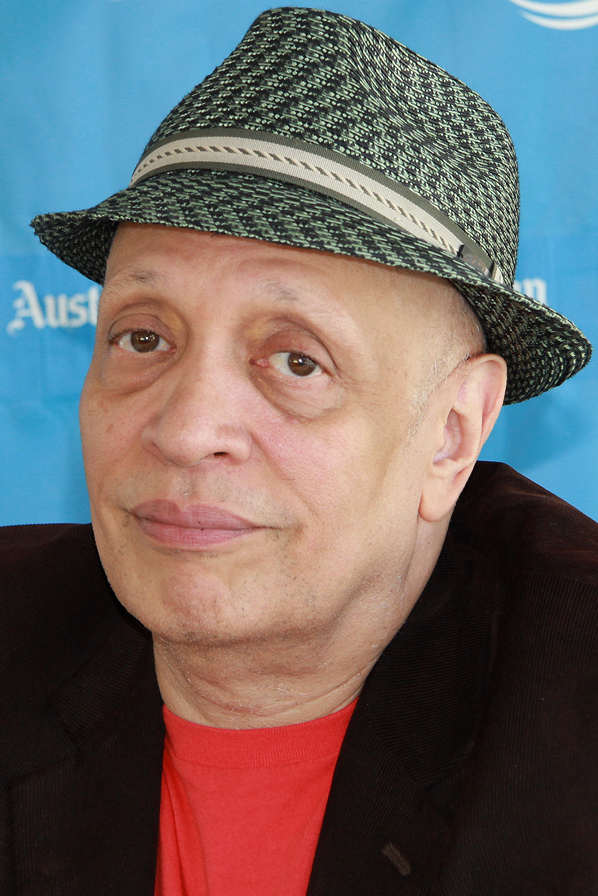 2001: Edward D. Hoch
2001: Edward D. Hoch- 2002: Robert B. Parker
- 2003: Ira Levin
- 2004: Joseph Wambaugh
- 2005: Marcia Muller
- 2006: Stuart M. Kaminsky
- 2007: Stephen King
- 2008: Bill Pronzini
- 2009: James Lee Burke
- 2009: Sue Grafton
- 2010: Dorothy Gilman
- 2011: Sara Paretsky
- 2012: Martha Grimes
- 2013: Ken Follett
- 2013: Margaret Maron
- 2014: Robert Crais
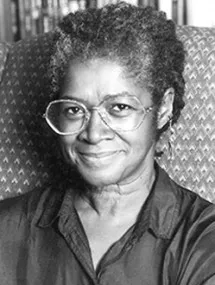
- 2014: Carolyn Hart
- 2015: Lois Duncan
- 2015: James Ellroy
- 2016: Walter Mosley
- 2017: Max Allan Collins
- 2017: Ellen Hart
- 2018: Jane Langton
- 2018: William Link
- 2018: Peter Lovesey
- 2019: Martin Cruz Smith
- 2020: Barbara Neely
- 2021: Charlaine Harris
- 2021: Jeffery Deaver
- 2022: Laurie R. King

Disqus Comments